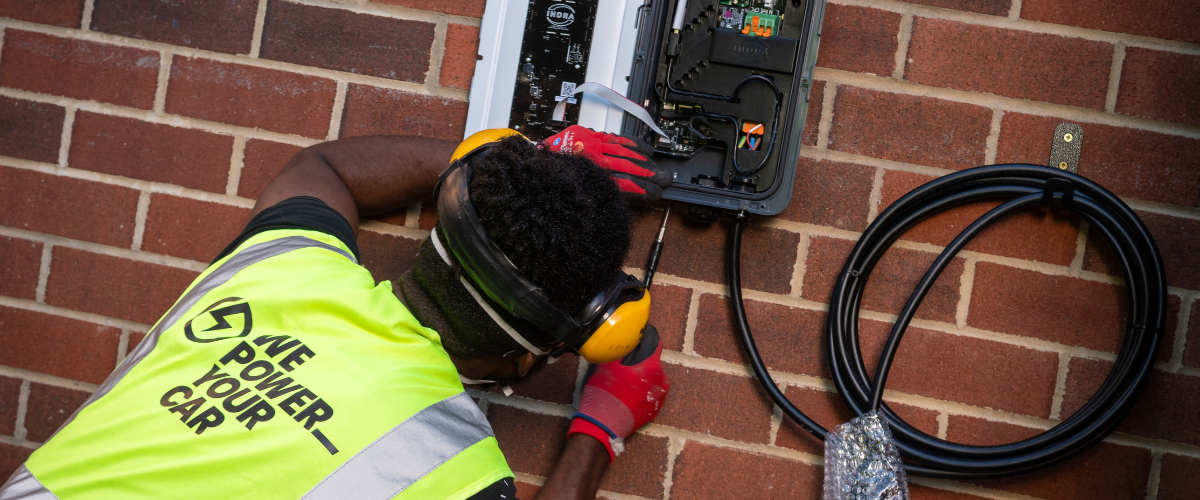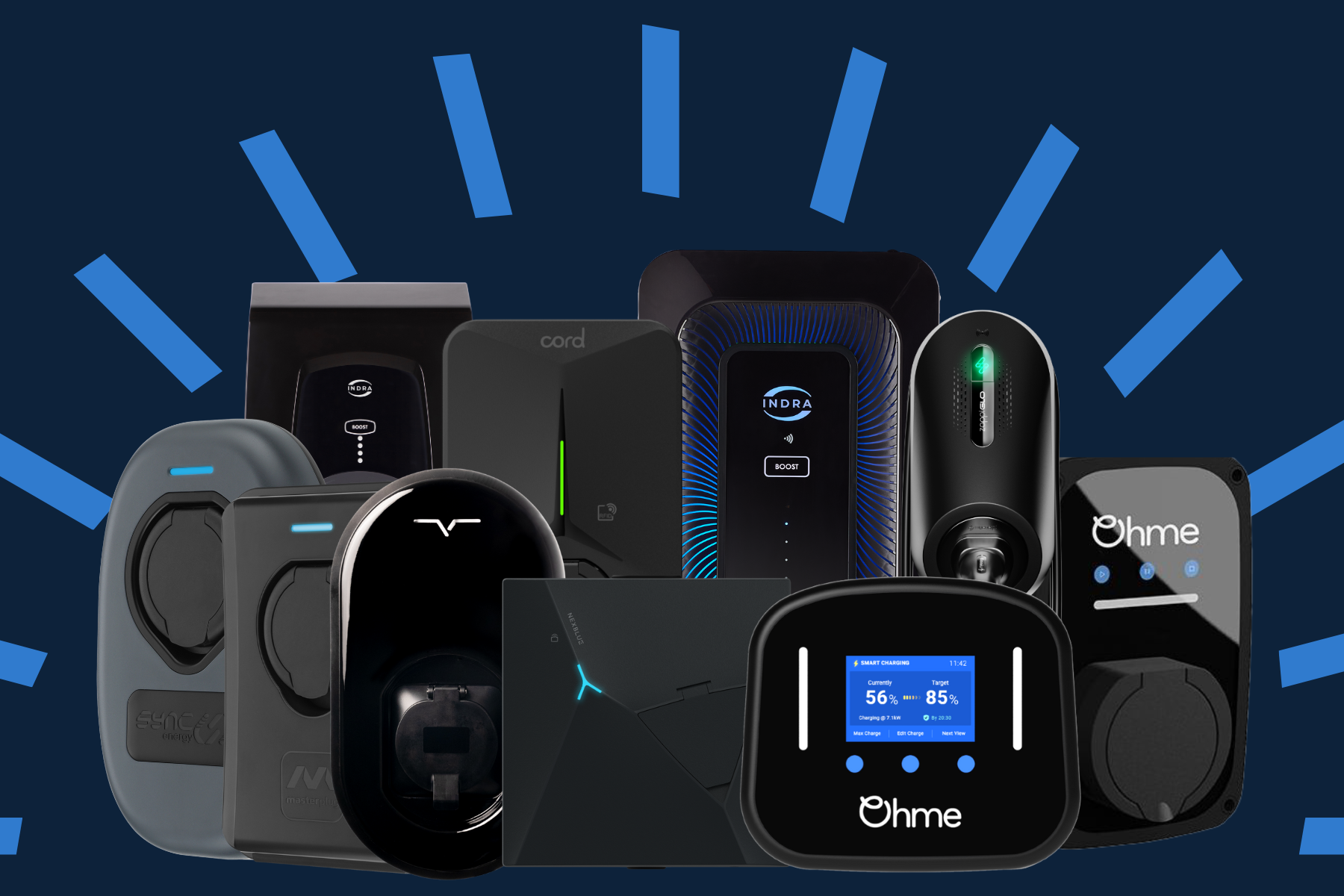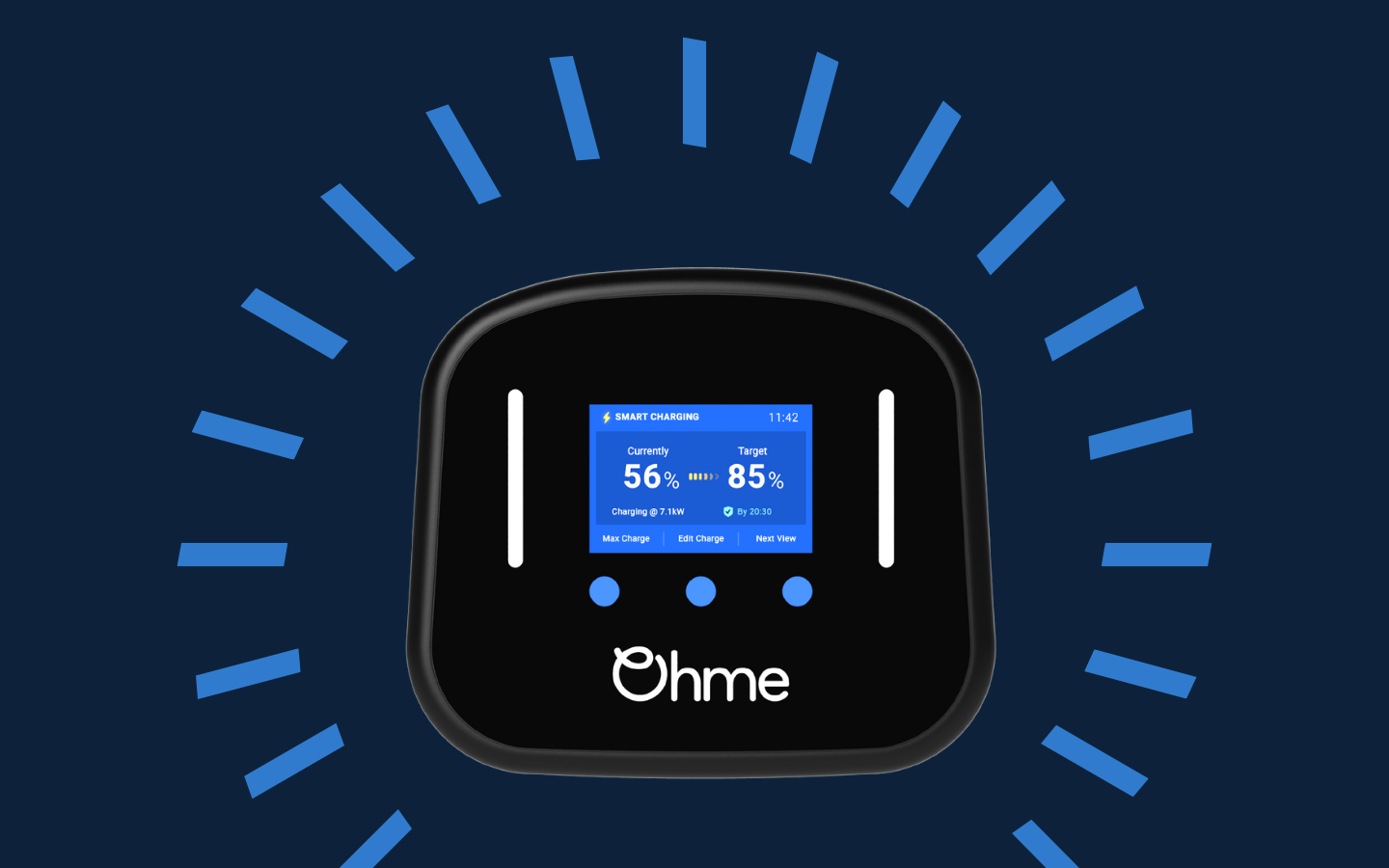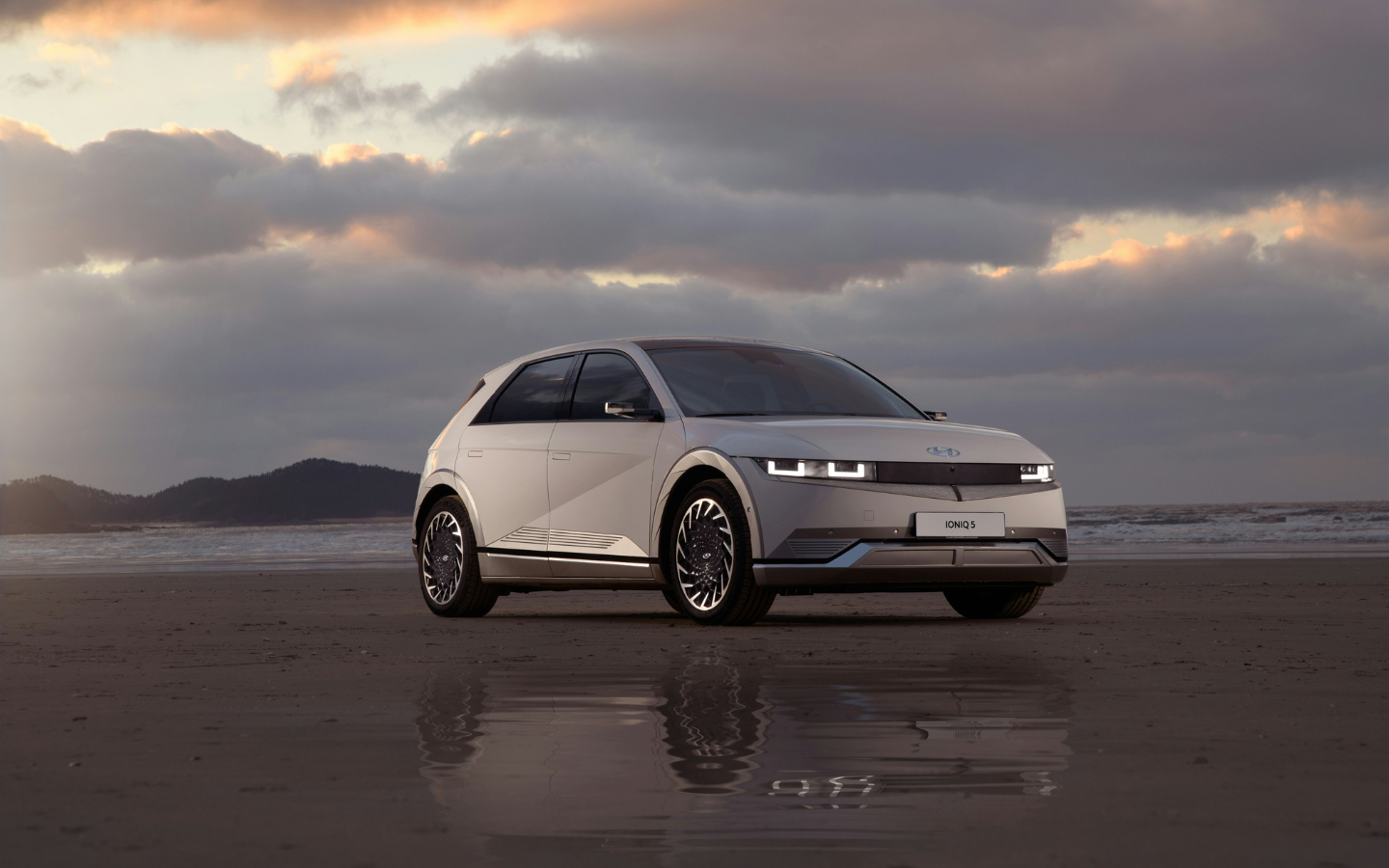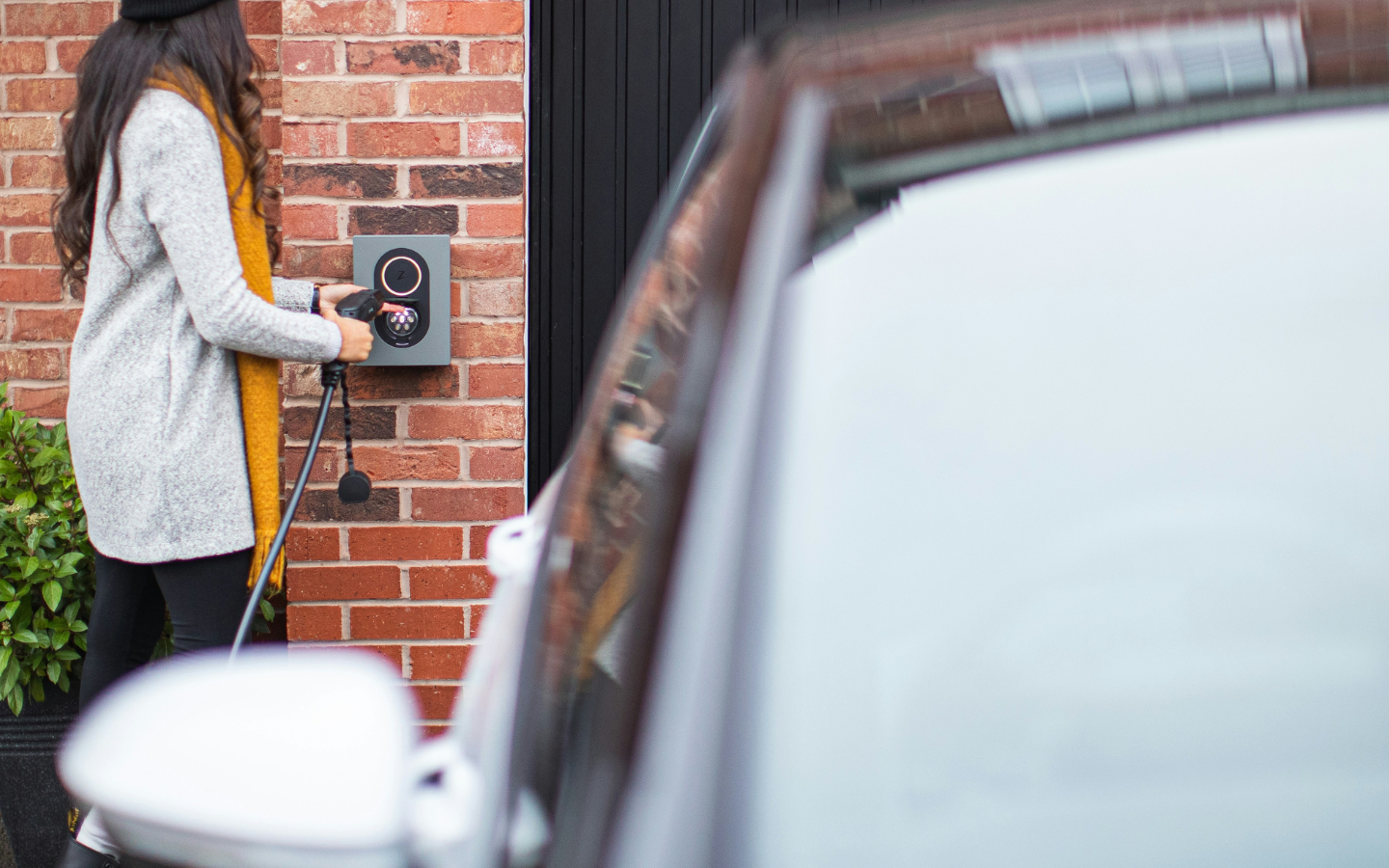

The Best EV Tariff for Your Electric Car
Choosing the best EV tariff is crucial. By doing so, you can significantly slash home charging costs and support the planet by charging with more carbon-neutral energy.
With this in mind, we will guide you through the best EV tariffs available in the UK for 2025/2026. Our guide covers choices from leading energy supplies like Intelligent Octopus Go, EDF GoElectric Overnight, OVO Charge Anytime, and other great tariff options.
Each tariff has unique benefits, ranging from low off-peak rates to renewable energy and extra incentives such as free charging for a year.
Our article aims to simplify your choice by comparing the key aspects of each tariff, ensuring you find the best EV electricity tariff for your needs. And if you would like more information, you can explore the chosen tariff in depth by clicking the links.
Let’s get started.

Octopus Energy – Intelligent Octopus Go
What is it?
The Intelligent Octopus Go EV tariff by Octopus Energy offers an innovative solution for electric vehicle owners to cut charging costs by up to 70%. Users can charge their EV for 7p/kWh, a rate much lower than standard tariffs.
The service uses smart technology to schedule car charging automatically during the cheapest and greenest energy times. Moreover, it provides six hours of affordable energy for the whole home nightly from 11:30 pm to 5:30 am.
Off-peak rate: 7p/kWh
Off-peak hours: 23:30 – 05:30 (6 hours)
Requirements:
- You need to be an Octopus Energy customer.
- You need a smart meter.
- You need a compatible EV charger OR electric vehicle.
- You need a compatible iOS or Android device.
Trustpilot rating: 4.8
Benefits:
- A handy, hassle-free app.
- Powered by 100% renewable energy.
- You can also use other appliances during off-peak hours.
Drawbacks:
- It doesn’t work with all EV charge points and electric vehicles. To take advantage of it, you must have a compatible EV charger, such as the Ohme Home Pro, or a compatible electric car.
Summary:
Intelligent Octopus Go offers a very low off-peak rate. It’s a great option for people with compatible chargers or EVs who want to charge their EVs and other appliances at off-peak hours.

EDF GoElectric Overnight
What is it?
EDF designed the GoElectric Overnight tariff for electric vehicle drivers, offering 35 hours of off-peak electricity each week at 9p per kWh. This tariff provides five hours of off-peak electricity every night, with fixed pricing for one year.
To be eligible, customers need a compatible smart meter. The GoElectric Overnight tariff is available to new and existing customers, aiming to make charging an EV during off-peak hours more affordable.
Off-peak rate: 9p/kWh
Off-peak hours: 00:00 – 05:00 or 1 am-6 am during British Summer Time (5 hours)
Requirements:
- You must have a compatible smart meter.
- If you’re not already an EDF Electricity customer, you must switch to EDF.
Trustpilot rating: 4.3
Benefits:
- Fixed prices for one year for total peace of mind.
- It works with all charge points and electric vehicles and is available to all new and existing customers.
- Zero-carbon renewable electricity.
Drawbacks:
- Exit fees of £75 per fuel.
- A shorter off-peak window of 5 hours.
Summary:
The EDF GoElectric Overnight tariff works with all charge points and electric vehicles, meaning it’s a good option if your vehicle or charger can’t use Intelligent Octopus Go.

OVO Charge Anytime
What is it?
The OVO Charge Anytime tariff allows EV owners to charge their electric vehicle at home for 7p per kWh, which equates to around 3p a mile. You can include this add-on tariff with any OVO plan at no extra cost as long as you have a compatible EV or charger and a smart meter.
The tariff encourages charging at the greenest times with the help of smart technology and offers convenience and savings through a mobile app.
Off-peak rate: 7p/kWh
Off-peak hours: N/A – Charge your EV anytime during the day at a cheaper rate.
Requirements:
- A compatible EV or charger.
- A smart meter.
- An OVO account.
Trustpilot rating: 4.4
Benefits:
- Charge your EV at a lower rate of 7p per kWh, any time you like, day or night.
- Manage everything in your app.
- Charge your car at the greenest times.
- Get personalised insights into your charging habits and see how much money you save with Charge Anytime credits.
Drawbacks:
- You’ll only get your EV charging at a cheaper rate.
- You will be billed at the standard unit price for all electricity you use in your home.
- A compatible EV or charger is also needed.
Summary:
This tariff suits those unable to charge overnight and enjoy off-peak rates, allowing daytime charging at a lower rate.

E.ON Next Drive
What is it?
Electric vehicle owners can benefit from the E.ON Next Drive tariff, which offers lower overnight electricity prices at 9.5p per kWh between 12 am and 7 am.
The Next Drive tariff promotes 100% renewable electricity, with fixed energy prices for one year and no exit fees. Eligibility requires a smart meter capable of sending half-hourly energy use updates.
Off-peak rate: 6.9p per kWh
Off-peak hours: 12am and 7 am
Requirements:
- You must have a smart meter
Trustpilot rating: 4.2
Benefits:
- 100% renewable electricity at no extra cost.
- There are no exit fees.
- Fixed energy prices for one year.
- Long off-peak period for all energy use (7 hours at a cheaper rate).
- It works with any EV and charger.
Drawbacks:
- A slightly more expensive off-peak rate per kW, but the longer off-peak hours should adequately balance that out.
Summary:
The E.ON Next Drive tariff offers a longer off-peak window, from midnight to 7 am, making it ideal for owners of large battery EVs that need long charge times.

British Gas EV Tariff
What is it?
The British Gas EV Tariff, known as the EV Power tariff, offers cheap off-peak electricity at 9p per kWh between 12 am and 5 am for electric vehicle charging.
This tariff is available to both new and existing customers who have an electric vehicle charged at home and require a smart meter. Customers can also use off-peak electricity for other high-energy appliances, further reducing costs.
Off-peak rate: 9p per kWh
Off-peak hours: Between 12 am and 5 am
Requirements:
- Available to all new and existing customers.
- You need to have an electric vehicle.
- You’ll need a British Gas electricity smart meter.
Trustpilot rating: 4.1
Benefits:
- It works with all charge points and electric vehicles.
- You can also use other appliances during off-peak hours.
Drawbacks:
- You need a British Gas electricity smart meter, so if you have one installed by another provider, you will need a new one fitted.
Summary:
The British Gas EV tariff is highly compatible and works with all chargers and electric vehicles. It also permits using other appliances during off-peak hours, making it an attractive choice.

Ecotricity EV tariff
What is it?
The Ecotricity EV tariff offers a one-year fixed rate for electric vehicle charging with 100% green electricity at a low cost of 8 pence per kWh during off-peak hours (12 am-5 am GMT).
It’s designed to encourage the use of green energy and is available to existing and new customers, even those without an EV, provided they have a smart meter.
Off-peak rate: 8p/kWh
Off-peak hours: Low-cost electricity from 12 am-5 am or 1 am-6 am during summer.
Requirements:
- An existing smart meter
Trustpilot rating: 4.3
Benefits:
- 100% green energy from Britain’s greenest energy company.
- Price fixed for one year.
- Which? Eco Provider for the last three years
Drawbacks:
- Exit fees – £100 per fuel
Summary:
With its great sustainable credentials, consider Ecotricity as one of the greenest EV charging options in the UK.

Good Energy Smart EV Tariff
What is it?
The Good Energy Smart EV Tariff offers 5 hours of off-peak electricity at 8.5p/kWh for EV charging with 100% renewable energy generated from sun, wind, and water in Britain.
The Good Energy tariff requires a second-generation smart meter, allowing users to track their energy usage closely.
It aims to make home charging for EV drivers affordable and environmentally friendly, with the tariff open to both customers and non-customers of Good Energy.
Off-peak rate: 8.5p/kWh
Off-peak hours: 12 am – 5 am
Requirements:
- You need a smart meter
Trustpilot rating: 4.8
Benefits:
- 100% renewable electricity.
- You can use your off-peak period for other appliances, not just charging your EV.
Drawbacks:
- There is a £75 exit fee
Summary:
The off-peak charging window is shorter than other tariffs. However, the Good Energy EV tariff still provides five hours of cheaper charging time. This shorter window suits smaller EVs or those who often top up their EV without covering long distances.
Discover more about the Good Energy EV Tariff in our guide and review.
What is an EV energy tariff?
EV tariffs are for people who own electric vehicles and want to take advantage of cheap charging at home. Energy providers create specialised tariffs that offer discounted rates per kWh at certain times or when charging an electric car. Energy costs return to standard rates at other times.
How do EV tariffs work?
Tariffs designed for electric vehicle owners offer cost-effective solutions for home charging. Electricity providers recognise the unique demands of EV charging and have introduced special tariff plans for EV owners.
These plans often provide discounted electricity rates during the night to encourage vehicle charging at times when it’s most affordable.
Installing a smart meter is central to adopting these EV-specific tariffs. This technology enables energy suppliers to track usage patterns over the day. They can then apply charges that favour the lower rates during off-peak hours.
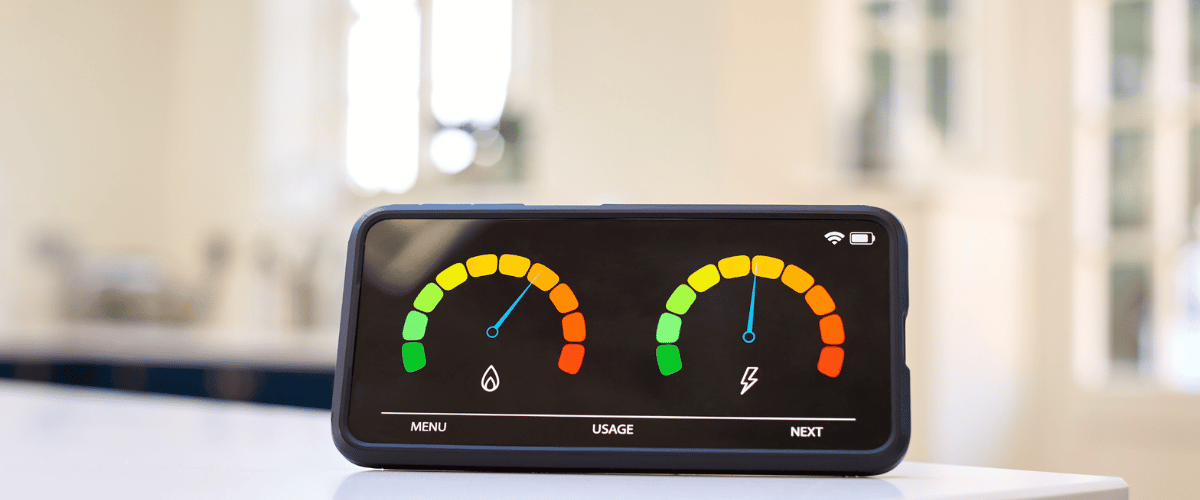
How much can you save with an EV tariff?
Estimates on the benefits of switching to an EV tariff differ greatly. But, most agree that such a plan could save you hundreds of pounds each year compared to a conventional tariff.
It’s important to note that the potential savings from choosing an EV tariff over a standard one depend on many factors – the model of your vehicle, how often you use it, the distances you travel, and your ability to shift much of your energy use to off-peak times.
How do I switch to an EV tariff?
If you’re an existing customer of the provider offering the EV tariff you want, then the process is very easy. Just ask your provider to move you to your chosen EV tariff.
If you’re not currently with the supplier you want an EV tariff from, you can get a quote for an EV tariff in a few minutes online.
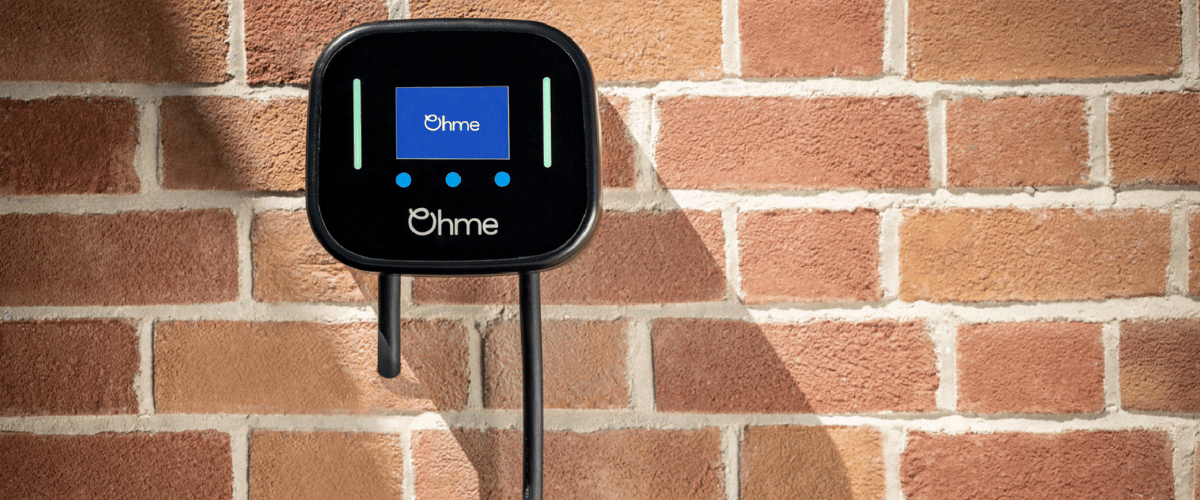
Is it worth switching to an EV tariff if you have a home EV charger?
If you have a home EV charger, switching to an EV tariff has many benefits:
1. Avoiding energy ‘rush hour’
EV tariffs offer a key benefit: avoiding peak energy times or ‘rush hour,’ when demand and prices soar. These tariffs promote cheaper rates during off-peak hours, typically at night, aligning with when most EV owners charge their vehicles. This approach not only saves money but also taps into greener energy sources.
2. Cost savings
Switching to an EV tariff can lead to significant savings on home charging costs. Charging during off-peak hours means a lower unit rate, potentially saving hundreds annually. This financial benefit makes the switch to an EV tariff appealing for EV owners.
One downside is that EV-specific tariffs sometimes have a higher daily standing charge than normal energy tariffs. However, if you charge your EV frequently, an EV tariff is more than worth it.
3. Eco-friendly energy
EV tariffs are often supported by 100% renewable energy, offering a cleaner charging option. This choice ensures that charging your EV contributes to a smaller environmental footprint, aligning with the values of eco-conscious drivers.
4. Extra benefits and incentives
Some energy providers offer extra perks with EV tariffs, such as Good Energy offering a year’s free Zap-Map premium subscription. These incentives add value to the EV tariff proposition, making it more attractive for EV owners.
What to look for when considering an electric car tariff?
Off-peak times
It’s not all about getting the cheapest off-peak rate. Make sure that your off-peak window provides enough time to charge your vehicle.
Hardware compatibility
Make sure your vehicle and/or home charger are compatible with the tariff you’re looking at.
Fixed vs variable
Locking in a yearly deal could protect you if prices rise and bring peace of mind. But it could also mean you’re paying more than the market rate after just a few months if energy prices fall.
Exit fees
Certain tariffs include exit fees for switching to a different provider, while others do not. Opting for a supplier without exit fees can offer greater flexibility, allowing you to change plans or providers without incurring extra costs.
Customer service rating
The quality of customer service is an important aspect to keep in mind, particularly when addressing any concerns or problems with your tariff. It’s crucial to choose a provider that is readily accessible and can swiftly resolve any issues you encounter.
For instance, if switching to an EV tariff requires a smart meter, you’d want a provider who can install it quickly. This way, you can start saving sooner.
Extra incentives/benefits
Certain providers might offer extra incentives for switching to their EV tariff. These incentives might sway you towards their plan over competitors’. For instance, the offer from British Gas of 8,000 miles of free EV charging could make their tariff more appealing than those of other companies.
Off-peak appliance usage
Some EV tariffs also allow you to use other appliances during the off-peak window, enabling you to save even more by using appliances such as washing machines and dishwashers overnight.
Making the most out of off-peak charging for your electric vehicle?
Maximise the benefits of your EV tariff by using other appliances during off-peak hours when electricity costs less (if your tariff lets you).
Also, when switching to an EV tariff, opt for a dedicated 7kW home charger instead of a standard 3-pin plug charger to charge faster and take full advantage of the cheaper off-peak rates.
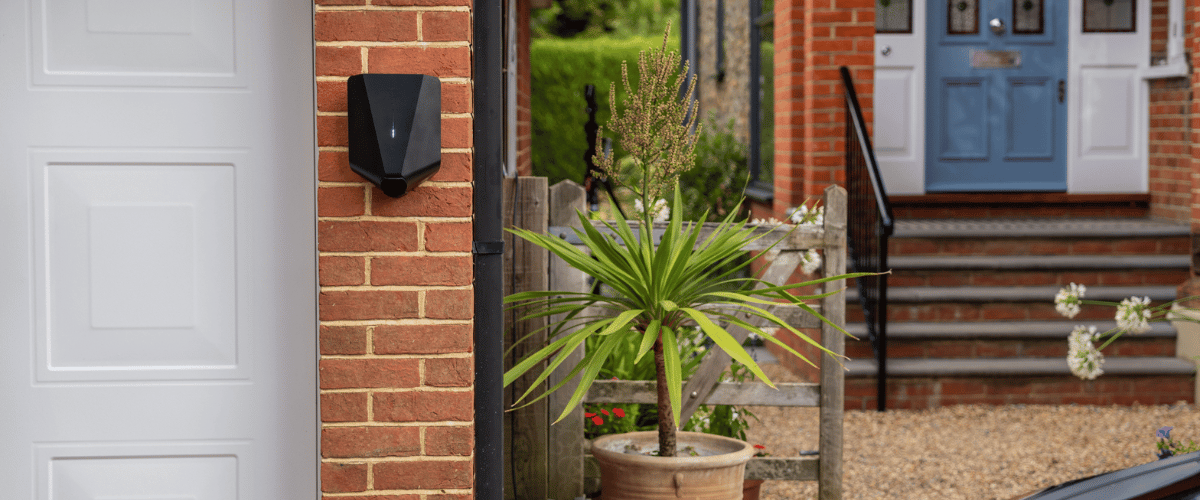
Which energy suppliers have EV tariffs?
As the EV market expands, drivers increasingly seek EV-specific tariffs, leading to a rise in suppliers offering them. However, energy market challenges have caused high prices and resulted in smaller suppliers closing. So, larger suppliers, like those in the traditional Big Six, more commonly provide EV tariffs.
Which energy supplier is best for EV charging?
Octopus, OVO, EDF, E.ON, and British Gas are among the top energy suppliers offering EV charging tariffs. Each provides unique benefits tailored to individual needs. We recommend comparing their tariffs to find the best fit for you.
Is it cheaper to charge your electric car at night?
Electricity is usually cheaper at night, particularly for those on specialised EV tariffs. This lower price is because demand for electricity drops at night when fewer people use the grid.
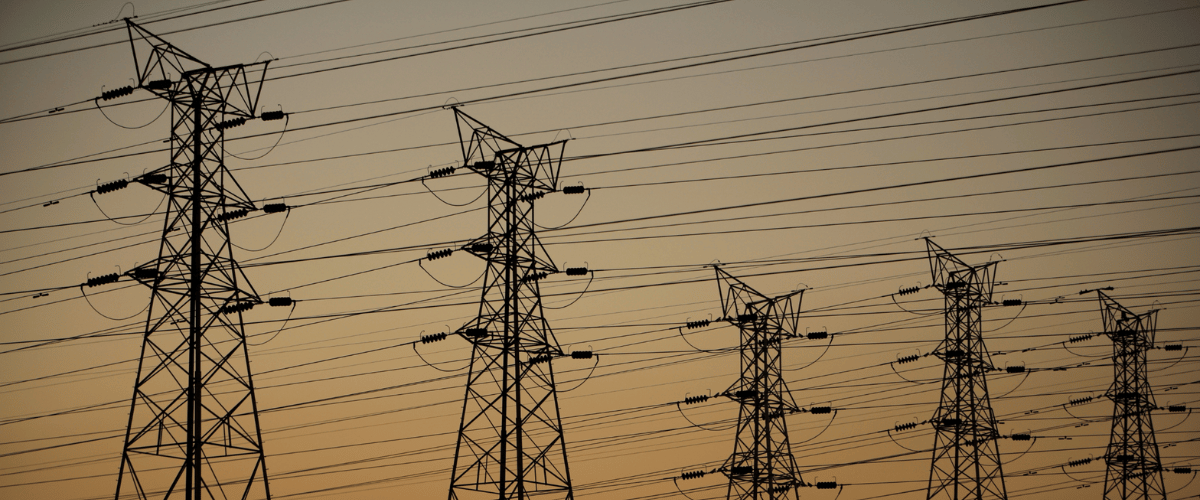
Summary
To pick the best EV energy tariff in 2025/2026, focus on a few main things. Look for tariffs with low rates during off-peak hours, long off-peak periods, and plans that are compatible with your car and charger. Also, their effect on the environment should be considered.
Options include Intelligent Octopus Go for low off-peak rates, OVO Charge Anytime for flexible charging, and Ecotricity for its focus on green energy.
Think about the level of customer service, choosing between fixed or variable rate tariffs, and any extra benefits. Choosing with these points in mind will help you save money and choose the best EV charging tariff suitable for your needs.
If you want a home EV charger installation, click below to get your free quote, browse our range of electric car chargers, or contact us for more information or any queries you may have.
Alternatively, get the full lowdown on EV charger installation with our comprehensive guide.
For more information and our latest updates, follow us on Facebook, Instagram, Twitter, LinkedIn and YouTube.
Stay up to date on the latest from We Power Your Car
I consent to receive newsletters from We Power Your Car. Please see our Privacy Policy
